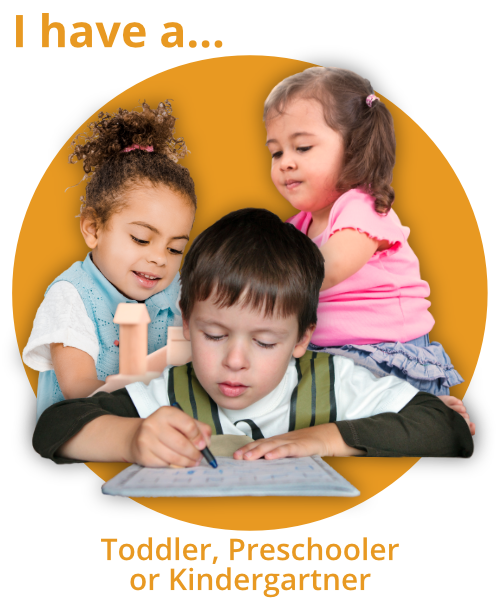My Baby Doesn't Want to Be Alone! Ever! And That's Normal.
It can happen overnight. One day your baby is happily playing on the floor with a toy while you attempt to tidy up the living room and the next day he's pulling at your legs, terrified that you will leave his side.
And so you tend to your baby. The next day is the same. And the next. The dishes go unwashed for far too long. The living room feels cluttered. You realize that you forgot to brush your teeth! You leave him for just a few minutes, thinking, "It's okay if he cries for just a few minutes, right? I have to get things done!" And afterward you sort of feel like a bad mother for leaving him there to cry, but there's also a feeling of exasperation and helplessness. You know you can't keep this up for long, so what gives? Is there something wrong with your baby?
Actually, if your healthy baby is between the ages of 6 and 18 months and clings to you instead of happily playing alone, you can rest assured that this behavior is developmentally normal.
A New Self
Your baby is developing a new awareness of self
It's a little intimidating to realize that one is, in part, alone in the world. An individual. A separate, mostly helpless being. If one is to survive, one must have the instinct to keep protected by clinging to one's mother.
"Attachment and stranger anxiety are strikingly universal among human societies...babies throughout the world show attachment and social fear at the same time: beginning around six months of age, and growing increasingly intense until about eighteen months. Attachment thus appears to be programmed into limbic development. The only babies who fail to grow attached are those who are seriously neglected, or whose limbic systems - as in certain cases of autism - are incapable of making a connection with another human being." (from What's Going On In There? by Lise Eliot)
So, what's a mama to do when she needs to go wash a dish or two? There's not much that you can do about your baby's desire to constantly be with you, but I can share a few Montessori-friendly tips...
1. A baby friendly area nearby. When in the kitchen, I usually put down a nice, soft quilt on the floor with a small basket of baby-safe kitchen utensils or simple wooden toys for investigation. Before tackling the dirty dishes, I sat down on the quilt with my baby and looked at the objects myself, shaking one to make noise or seeing if it rolled. And then very slowly and quietly I'd stand up and wash a few dishes, dry my hands, and return to my child to talk to him. This was our typical "working in the kitchen" routine, and my baby came to expect it and could tolerate longer periods with me bustling around, not giving him my undivided attention all of the time. It helped to trade out objects now and then as well.
2. Playing with baby. I am not, I'm sorry to say, an efficient laundry folder. Did you know that burying oneself in a full basket of warm clothes feels utterly delicious? Try it once, and you'll understand what the fuss is all about. Plus, there's the unforgettable peek-a-boo with every unfolded shirt, and don't forget those big, floppy socks that can be made into the funniest mittens! Embrace the chaos and fold shirts quickly on the side.
3. The baby carrier. When my little ones had a pressing need to be with me and I just needed to take a moment to throw a load of laundry in the washing machine without making a big production out of it, I wore a baby carrier like an apron around my waist (the mei tai worked well for this) and asked my little one if he would like to come along with me. More times than not, the little arms shot up and he scrambled onto my chest, happy and secure to be carried for a few minutes while my arms were free to do basic housework. Often my little one nodded off as I worked, rocked to sleep in comfort as I sang a lullaby.
Trust me - these clingy days will someday end and a new developmental phase will begin.


